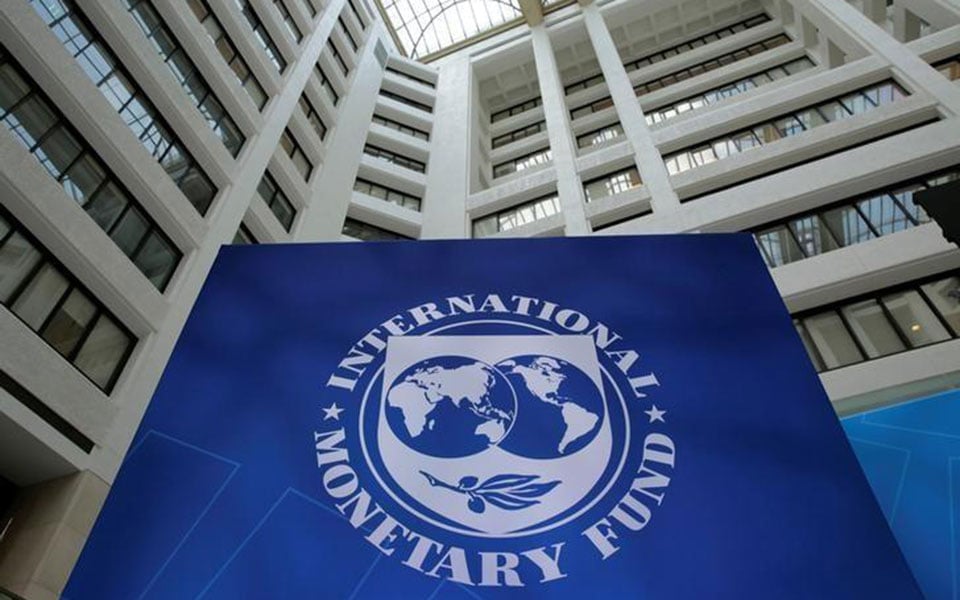The International Monetary Fund (IMF) forecasts 2% growth for the Greek economy in both 2025 and 2026, modestly down from 2.3% in 2024 but still outpacing the eurozone average, its latest World Economic Outlook has said.
Unemployment is projected to decline to 9% this year and 8.4% in 2026, from 10.1% last year. Inflation – measured by Eurostat’s harmonized index – is expected to average 3.1% in 2025 before easing to 2.5% in 2026.
Greece’s current account deficit is seen narrowing from 7% of GDP in 2024 to 5.8% in 2025 and 5.3% in 2026.
Despite these domestic projections, the IMF cautioned that global growth faces significant headwinds. Trade tensions, especially US tariff policies, volatile macroeconomic adjustments and fading short-term stimulus effects pose risks. The report projects global growth slowing from 3.3% in 2024 to 3.2% in 2025 and 3.1% in 2026, with advanced economies growing around 1.5% and emerging markets sustaining growth just above 4%.
“Some extremely high tariffs have been mitigated by subsequent agreements and adjustments. However, the overall environment remains volatile,” the report states, warning that continued uncertainty, rising protectionism, supply disruptions and fiscal weaknesses could derail momentum. The IMF urged policymakers to restore confidence through credible, transparent and sustainable policies, and to uphold central bank independence.
In Greece, the outlook offers a mix of cautious optimism and structural challenges. With key economic indicators trending in the right direction, the country may benefit from continued reform efforts, but it remains vulnerable to external economic shocks.

